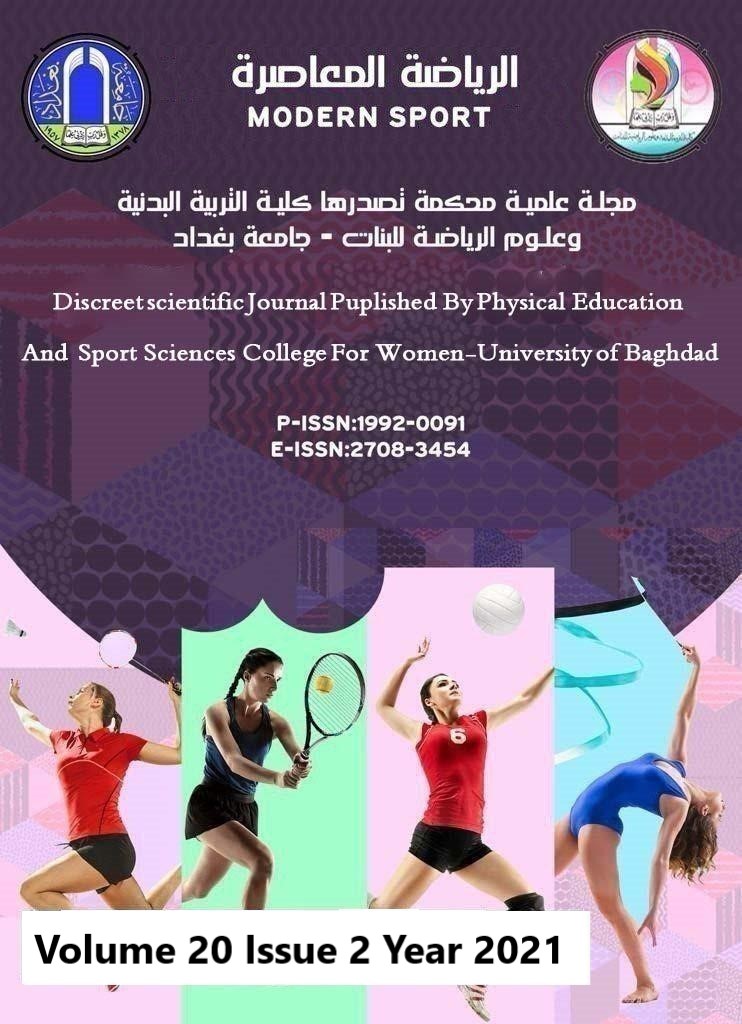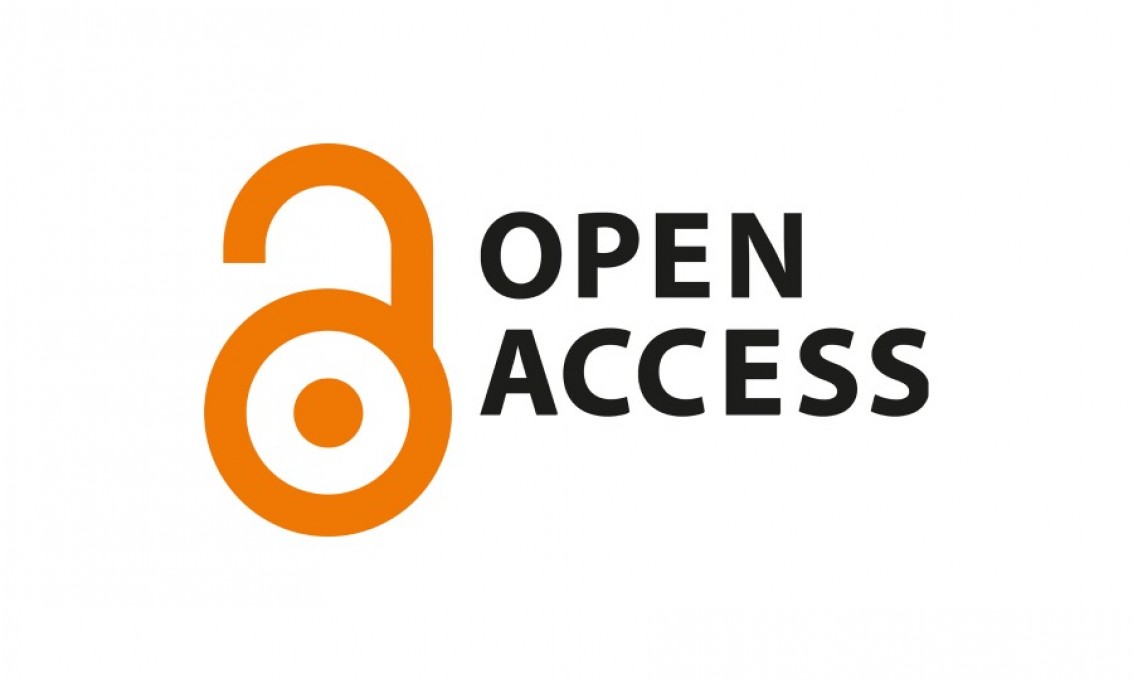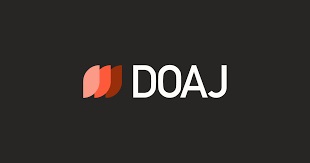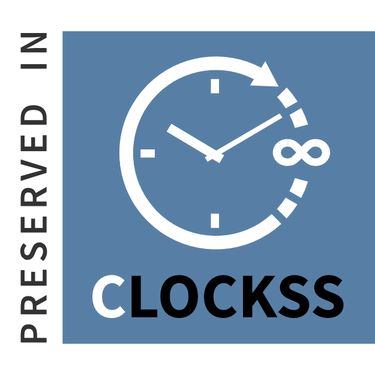The impact of the question network strategy in accordance with mental capacity in the strength of cognitive control in the subject of teaching methods of sports education for undergraduate students
DOI:
https://doi.org/10.54702/msj.2021.20.2.0001Keywords:
Strength of cognitive control, cognitive achievementAbstract
The study aimed at identifying the mental capacity of the research sample and classifying them for the purposes of the study, preparing the scale of cognitive control of the subject of teaching methods of sports education, preparing educational units by establishing the question network for the subject of the teaching methods of sports education, and adopting the experimental method by experimental design workers (2×2) for the two groups The limits of the research community are represented by third-stage students of the Department of Physical Education and Sports Science in the morning study of the College of Knowledge, the Community University, which continues in the regular working hours of the year (2019-2020) adult Their number (150) students and the requirements of study in the preparation of measuring instruments, selected three groups (sample construction and statistical analysis) (80 students), survey (10) students, and (60) students for the main sample classified by the mental capacity scale to the two pilots studied from them With the strategy of the network of questions, and the two officers in the manner followed, the researchers prepared the measure of the power of cognitive control with systematic sequential steps and many statistical treatments to be suitable for her eye, and then prepared an educational curriculum for the theoretical subject by which students study in the classroom and an application plan for this method taught students in The sports hall at the rate of two units per week and each one unit to receive students teaching strategically network questions (6) theoretical units, and after the completion of the preparation and construction of measuring tools and the study experience the researcher verified the results using the statistical bag system (SPSS-V26) to be Conclusions and applications that the scale of cognitive control is a valid tool for measuring students of the third stage of the Department of Physical Education to achieve scientific requirements according to the parameters of measurement and evaluation, and apply a strategy The network of questions in teaching the teaching methods of teaching physical education teaching helps students who study in it to improve the level of cognitive control power, and their superiority by improving this subject on students studying this subject with the methods used in the lesson, and that the strategy of the question network is more appropriate with students with a high level of mental capacity in improving the level of cognitive control, and takes into account students with a low level of mental capacity in this improvement, and it is necessary to take into account the differences of individual students at the level of capacity when improving cognitive control in teaching The subject of teaching methods of teaching physical education.
References
- Tamara Abdul-razzaq. (2012). Mental capacity and contemplative thinking and its relationship to academic achievement among postgraduate students, doctoral dissertation, University of Baghdad, College of Education, Ibn al-Haytham.
- Zainab Shinan Raheif. (2015). The effectiveness of a perseverance training program for people with different mental abilities in directing achievement goal orientations among female middle school students: a doctoral thesis, University of Baghdad, College of Education for the Humanities.
- Salih Mohammed Ali. (2003). Educational Psychology, 3rd edition: Amman, Dar Al-Maysara.
- Adil Abdullah Mohammed. (2016). Foundations of scientific research in light of the amendments contained in (APA5): Al-Riyadh, Dar Al-Zahra.
- Adnan Yousif Al-attoum et al. (2011). Educational Psychology, Theory and Practice, 3rd edition. Amman, Dar Al Masirah for Publishing, Distribution and Printing.
- Izzo Afana & Naila Al-Khizindar. (2009). Classroom Teaching with Multiple Intelligences. Amman, Dar Al Masirah for Publishing, Distribution and Printing.
- Aqeel Mahmoud Al-Rifay. (2012). Active learning concept, strategies, learning outcomes: Alexandria, New University House.
- Ali Rajih Barakat. (2012). Bandura's theory of social learning: a studies journal, issued by the Department of Psychology/Umm Al-Qura University.
- Ali Saqar Al-Khuzaay. (2015). The causal relationship between the strength of cognitive control and successful intelligence among university students: Al-Qadisiyah University, College of Education, Volume (8), Issue (2).
- Mashi Mohammed Al-Shammari. (2015). Strategy in active learning. Riyadh, Ministry of Education Press.
- Muhsin Ali Atia. (2016). Learning styles and modern models. Amman, Dar Safaa for Publishing and Distribution.
- Mohammed Shihata Rabea. (2010). Fundamentals of Psychology. Amman, Dar Al-Maysara for Publishing and Distribution.
- Wijdan Sabeeh Hussein. (2019). The strength of cognitive control and psychological endurance and their relationship to the ability to solve problems among national team players in some team games. PhD thesis, University of Baghdad.
- Yousif Qatami. (2010). Cognitive theory of learning; Amman, Dar Al Masirah for Publishing, Distribution and Printing.
- Ahmed Al-Said Kurdi. (2012). Self-control and gaining confidence, p. 1, article published on the website: http://kenanaonline.com/users/ahmedkordy/posts/137341
- Larsson H, Viding E, Rijsdijk FV et al. (2011). Relationships between parental negativity and childhood antisocial behavior over time, Vol (2), No (4)
- Zhang, L-F. (2003). Thinking Styles. University Students Preferred Teaching styles and Their Conception of Effective Teachers, Journal of Psychology, vol.138, No.3
Downloads
Published
Issue
Section
License
Copyright (c) 2021 Modern Sport

This work is licensed under a Creative Commons Attribution 4.0 International License.















